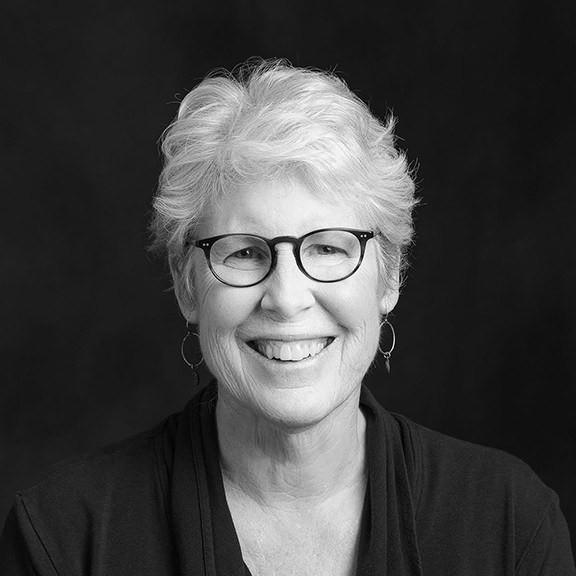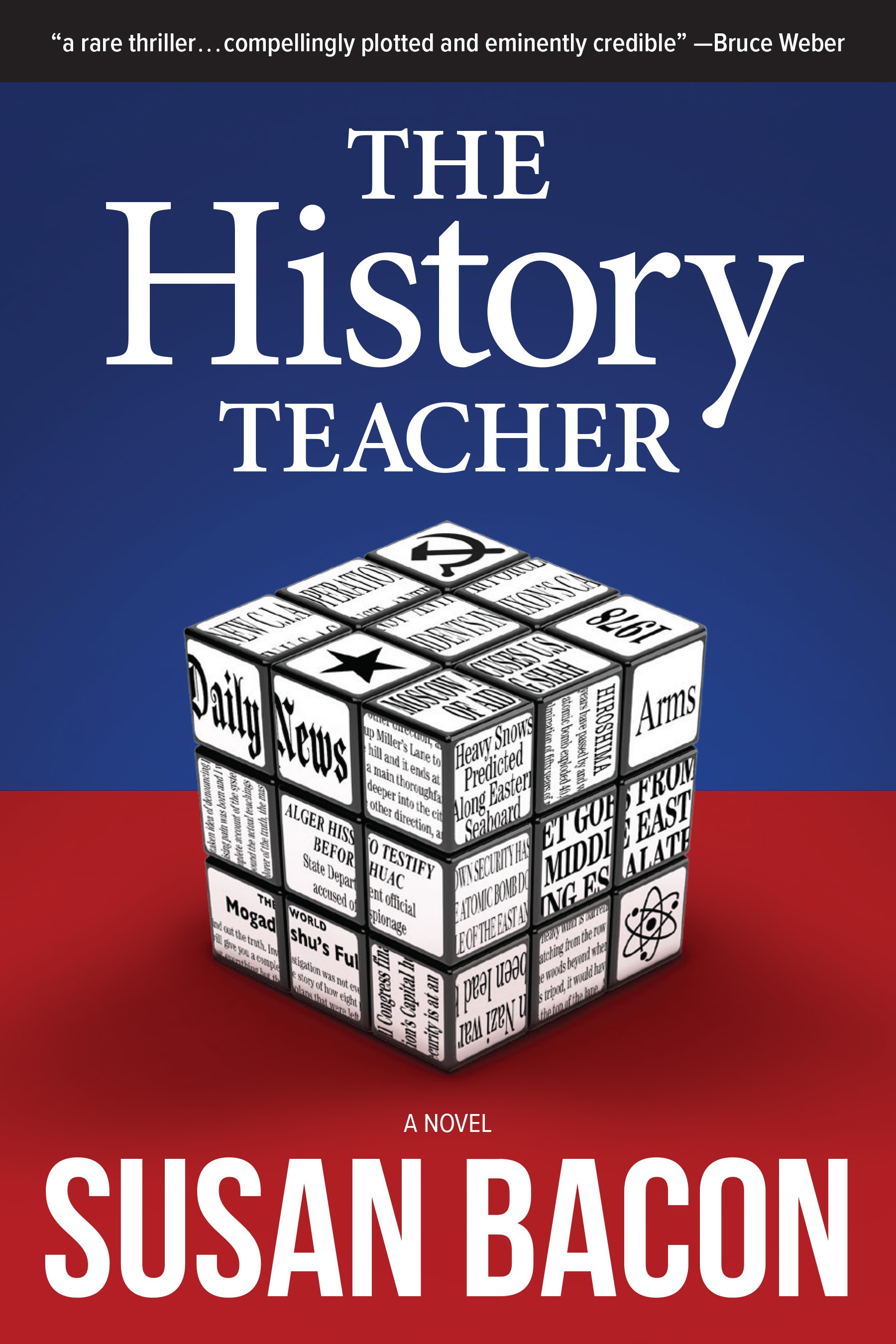During the blizzard of 1978, a woman is discovered face down at the edge of her Delaware estate. When a young Columbia University professor, Emma, gets a phone call informing her of her grandmother’s death, she’s drawn into a web of intrigue that reaches into CIA meeting rooms and the New York’s Upper West Side. It’s a lot for a history teacher to handle.

Susan Bacon
So begins The History Teacher, the debut novel from writer and Memphian Susan Bacon. Though the new novel of Cold War-era intrigue is her debut as a novelist, Bacon is no stranger to working as a writer. She’s a journalist, ghost writer, and an award-winning copy writer, and she will celebrate her debut as a novelist with a booksigning at Novel bookstore Sunday, September 22nd, at 2 p.m.
Originally from Delaware, Bacon moved to New York, where she studied at Barnard College before working, for a time, at a magazine there. After her time in the Big Apple, she moved to Memphis, left to work in Washington, D.C., and then returned to the Bluff City. “That’s my trajectory,” she says.
In college, Bacon studied history, and her concentration was contemporary European history, which comes into play in The History Teacher. “I had intended to study journalism in college, but I went to Barnard College in New York and they didn’t have a journalism program,” she explains. “So I just went ahead and studied history, and then I went I worked for a magazine briefly in New York.”
“I’ve written several books on my own, and then I have ghost written some books,” Bacon says. “I started out as a journalist here in Memphis at Memphis magazine.” She has written speeches and books about the politics of parenting, and she has ghostwritten books as well. Are Our Kids All Right?, her second book is, of her nonfiction, her personal favorite. “It was a pretty heavily researched book on the quality of child-care in the United States.”
All that time, ideas were quietly gestating. Settings from Delaware, bits of history, politics, and academia — though The History Teacher is by no means an autobiographical novel, Bacon’s experiences have informed it.
Perhaps owing to her history degree or her work as a journalist, meticulous research is still a part of Bacon’s process. “I sprinkle news stories throughout the book. I tried to do a lot of research so that the history is accurate. In the end, I ended up weaving in an awful lot of reality.” Still, she says, “I’ve always wanted to write a novel. It’s really a treat for me. I had an awful lot of fun. As you may know, it’s hard to be tied to facts all the time.”
Still, though Bacon draws much of the novel from her imagination, there’s a strong foundation of fact and history that makes The History Teacher feel grounded in reality.
“Back in the ’90s, when I was in Washington, between my two books, I got really interested in the Alger Hiss case.” Hiss was an American government official who was accused of being a Soviet Union spy in 1948 and convicted of perjury in connection with the charge in 1950. “That was a long time ago, but I kept the manuscript I was working on and that became the seed for this story. When I first moved to Memphis, I wrote a novel, kind of an experiment, and I put that in a drawer and then I said I’m going to take that Hiss story and I’m going to build something from it.”

Bacon also took inspiration from the classic thrillers of the 1970s, and there’s a whiff of the Cold War espionage of John Le Carré. Don’t misunderstand. The History Teacher stands on its own, but there are familiar notes. For one thing, I don’t remember The Spy Who Came in from the Cold starring a young professor. Bacon subtly sidesteps stereotypes as she introduces her cast of characters. Emma, CIA agents, no one feels flat or manufactured. Emma is an excellent example. Rather than invent a private investigator or a spy, Bacon chooses a professor as her protagonist. She’s not exactly a detective, but she is a historian. Research is her bread and butter. She’s no stranger to the long struggle to uncover the truth.
All in all, Bacon has crafted a satisfying page-turner with her debut, and the ending is perhaps the most satisfying facet of all. No spoilers here, but this is no tea cozy mystery devoid of real consequences and implications. The novel examines the cost of privilege and wealth — and the interconnected worlds of politics, business, and high society. It’s well worth a read.
Susan Bacon signs and discusses her debut novel, the political thriller The History Teacher, at Novel, Sunday, September 22nd, at 2 p.m.
For updates on The History Teacher, visit susanbacon.com.